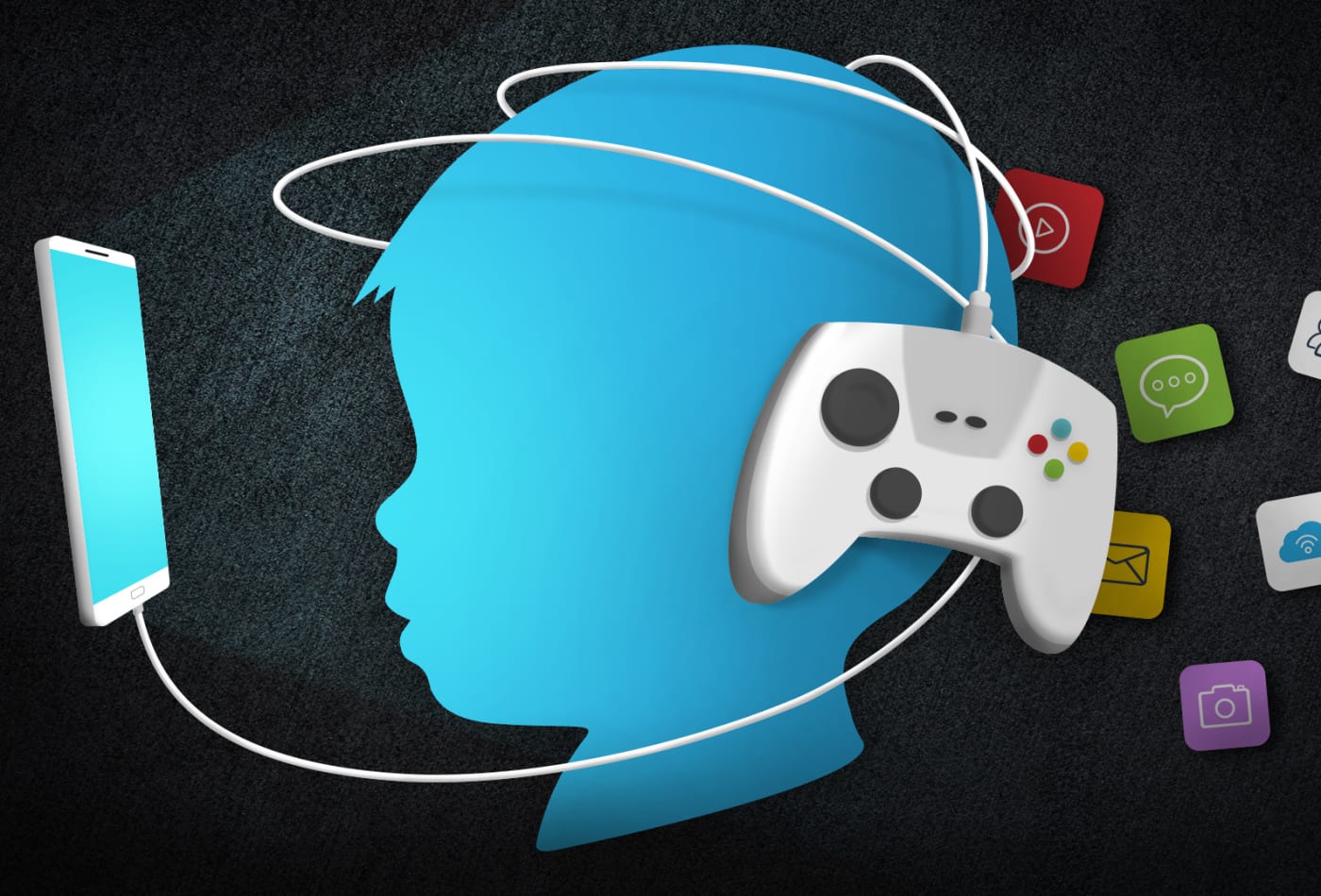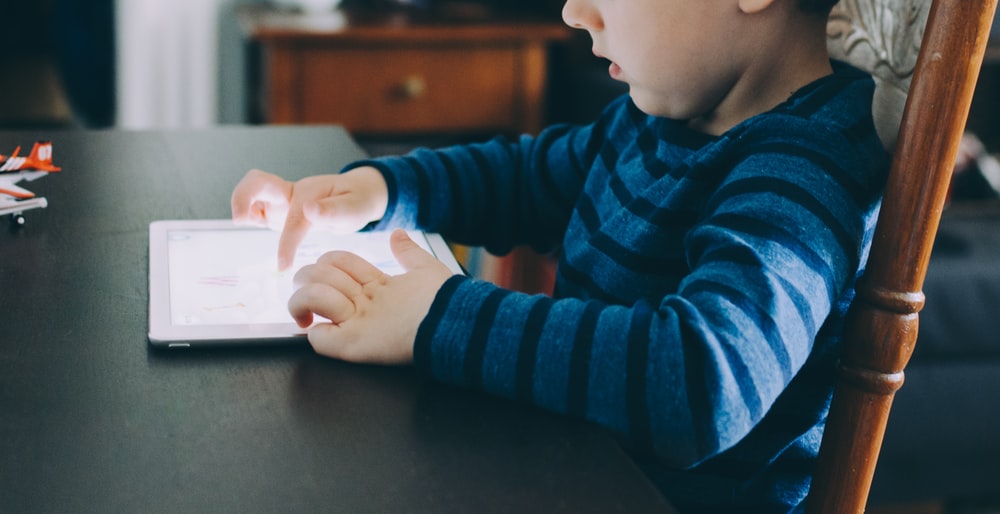THE HIDDEN COSTS OF LETTING YOUR CHILDREN BE RAISED BY SCREENS AND SMART DEVICES

Technology has a lot of benefits for children (Posts et al., 2020). It allows for creativity and freedom of expression in children, aids them in socialisation and team building, improves their problem-solving skills and even develops their character. Technology also instills in them the entrepreneurial spirit and enhances learning. Additionally, video games are good for children because they enhance hand-eye coordination and improve their critical thinking and reaction time.
However, the ubiquity of screens and smart devices has paused a new parenting challenge to many parents in the 21st century(TechRepublic, 2020). This has left them wondering how, when and where to introduce screens and smart devices into the lives of their children. The negative impacts of these devices are already manifesting in the day to day lives of their children who are exposed to them. The American Academy of Pediatrics gives recommendations on reasonable screen-time limits for different age groups that parents can use in this digital era.
Negative impacts(hidden costs) of constant use of these smart devices by children
Eye problems: Computer screens and digital devices can affect the eyes in different ways (The Everygirl, 2020). When we use screens and read or scroll through digital content, we blink half as much as we should (approximately 15x a minute) and this can cause our eyes to dry out. Some of the symptoms associated with dry eyes include blurry vision, irritation, burning, heavy eyes, eye strain, and even tearing up as a reflex response to the dryness experienced.
These symptoms can result in eye strain, headache, or even stress. The extent of discomfort may also increase with prolonged blue light exposure and may worsen over time. Any of the above-mentioned symptoms in association with the use of computers is what is referred to as “computer vision syndrome”
Interrupted Sleep: Children and tech don’t mix well. Those who spend a lot of their time in front of a screen tend to retire to bed later, take a longer time to fall asleep, and sleep for fewer hours than those who have less exposure to these smart gadgets.
The lost sleep is very significant. For every hour spent using a smart device, infants and toddlers get 15.6 minutes less sleep. With the same exposure, older kids miss out on about 26.4 minutes of sleep every night. Infants require about 12 to 15 hours of sleep daily and 1- to 2-year-olds need 11 to 14 hours of sleep. Therefore, every minute of sleep matters.
Slower social and life skills development: For elementary school-age children who watch TV or use smart devices for more than two hours a day, there’s a great likelihood of them experiencing emotional, social, and attention behavioural problems (Verywell Family, 2020).

This happens because more screen time means they spend less time with people hence they become socially stagnated during their development. They cannot learn from their parents and fellow children when playing since they are always on the screen. In addition, they tend to learn most things from digital devices, which sometimes are not the right content for them.
Deterioration in physical health: The physical health is affected as well. Too much time engaging in sedentary activities like watching TV and playing video games can be a risk factor for becoming overweight. This is because those children who use screens are likely to be sleep-deprived. Sleep deprivation results in changes in the secretion of ghrelin and leptin appetite-regulating hormones hence an increase in hunger and a decrease in satiety. Short sleep duration also affects children’s choices to consume more calories and less nutritionally-rich foods. Also, shorter sleep duration may increase snacking and eating off normal meal times, even during the night.
Increased susceptibility to brainwashing(violence): Exposure to violent TV shows, movies, music, and video games can make children become desensitised. Eventually, they may resort to using violence to solve problems, imitating what they see on TV, according to the American Academy of Child and Adolescent Psychiatry.
Digital devices harm your relationship with your child: Most of the conversations about the dangers of screen time are focused on children. However, it’s important to appreciate the fact that adults may experience many of the same negative effects as well, like obesity and sleep problems.
But even if you aren’t experiencing any tangible health problems as a result of using your digital device, there’s a good chance your electronic gadgets could be harming your relationship with your child.
A third of children reported feeling unimportant when their parents used their smartphones during meals or when playing together (Kids Competing with Mobile Phones for Parents’ Attention, 2020).
What can be done
In this digital era, monitoring the use of screens by children is proving quite difficult. It’s not enough keeping children away from the screens because then, they’ll be losing on the benefits. Therefore, apart from limiting their on-screen time, it’s possible to cover these hidden issues by using screen filters.
Ocushield want to create a future everyone can see. They offer screen protectors that also serve as anti-Blue Light screens for iPhones, iPads, Laptops, Monitors & PCs.
